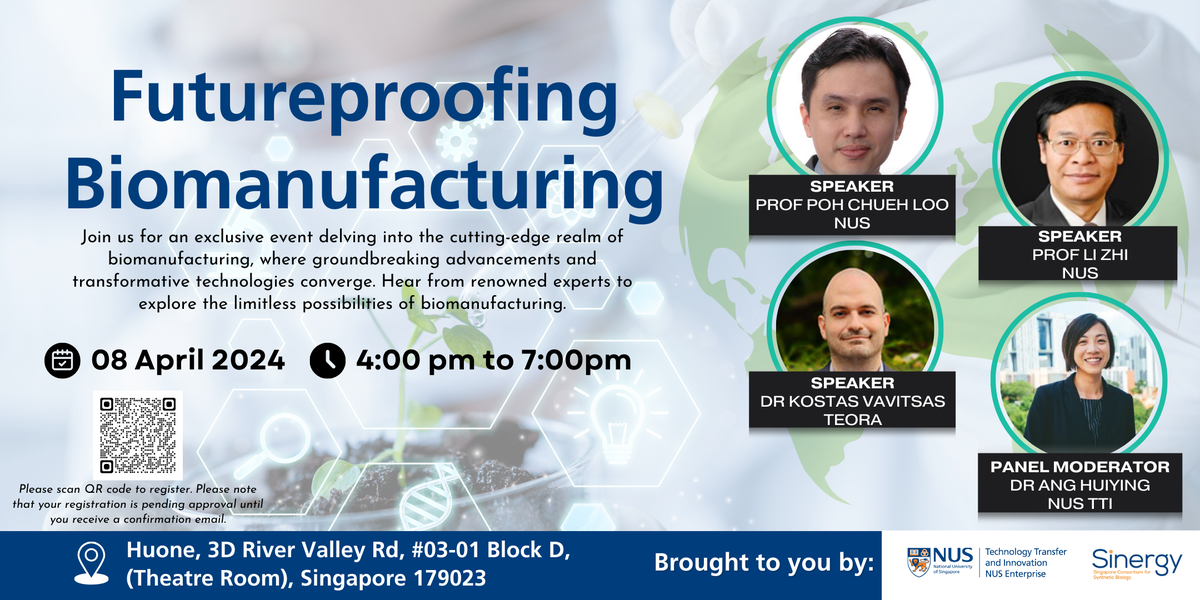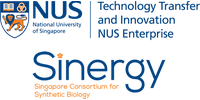Event Details
At the intersection of Biology and Chemical Engineering we can find today's best chance to replace humanity's reliance on petrochemicals: Biomanufacturing. It is a way to use living organisms to create compounds that we commonly get from petroleum. Thanks to breakthroughs in discovering pathways, genetic engineering, and bioprocessing, we can leverage Synthetic Biology to tweak microorganisms, figure out how they work, and optimize them to produce large amounts of useful substances. This opens the door to a future where biomanufacturing could help us achieve sustainable development goals and offer a genuinely earth-friendly alternative to non-renewable resources.
Join us for an exclusive event delving into the cutting-edge realm of biomanufacturing, where groundbreaking advancements and transformative technologies converge. Hear from renowned experts to explore the limitless possibilities of biomanufacturing. Engage in thought-provoking discussions on the latest advancements and challenges in the field. Connect with peers, industry leaders, and potential collaborators.
Huone Theatre Room
3D River Valley Rd, #03-01 Block D, Singapore 179023
Singapore
Show on map
Agenda
- 15:45 - 16:00Registration
- 16:00 - 16:15Welcome message from DirectorsWelcome message from Dr Eugene See, Director, Consortium Management Office (CMO), which is a national coordinating office for 6 existing Technology Consortia which includes the Singapore Consortium for Synthetic Biology (SINERGY). Followed by a welcome message by Dr Koh Shuwen, Director, NUS TTI.
- 16:15 - 16:35Biology's New Frontier: How Tiny Sensors and Smart Screening Are Changing the WorldBiosensors, traditionally based on antibodies or enzymes, are getting a synthetic biology upgrade. Engineered proteins with designer binding pockets can now detect specific molecules with unparalleled precision, making them ideal for ultrasensitive disease diagnosis or environmental monitoring. Imagine sensors so tiny they fit on a chip, sniffing out diseases in mere seconds.
High Throughput Screening, or HTS, the engine of drug discovery, is also being supercharged by synthetic biology. Living cells, programmed with custom-built genetic circuits, can become miniature drug-testing factories. By measuring their response to thousands of compounds simultaneously, researchers can rapidly identify promising drug candidates. This not only slashes development times but also allows for the exploration of entirely new avenues in medicine, targeting diseases once considered untreatable.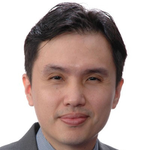
Prof Chueh Loo Poh
Associate Professor
Department of Biomedical Engineering, National University of Singapore - 16:35 - 16:55The Future of Green Synthesis: Bioproduction of Fine Chemicals via BiocatalysisBiomanufacturing of high-value products, such as fine chemicals, through biocatalysis provides with green, sustainable, and efficient alternatives to traditional chemical syntheses, with many commercialized examples in chemical and pharmaceutical industries. Key challenges for the successful development of the bioprocesses include the engineering of suitable enzymes and enzymatic reactions. We recently developed several applicable bioprocesses based on enzyme engineering via evolution and reaction engineering via biocascades design. Some representative examples will be addresses in this presentation, including bioproduction of high-value chiral chemicals (diols, acids, amines, alcohols, amino alcohols, amino acids, hydroxyacids, etc) from simple starting materials (alkenes, epoxides, etc).
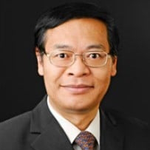
Professor Zhi Li
Associate Professor
Department of Chemical and Biomolecular Engineering, National University of Singapore - 16:55 - 17:15Harnessing synthetic biology and bioinformatics for sustainable disease management in aquacultureOne in three calories in aquaculture are lost to disease. However, disease management solutions in hatcheries and farms are limited, where limited vaccination, antibiotics, pesticides, and biological control remain unable to prevent losses that can reach up to 90% of the grown fish or shrimp. TeOra aims to revolutionize disease management in aquaculture, using cutting-edge synthetic biology and bioinformatics. Our programmable platform can biomanufacture prophylactic and therapeutic solutions, customized to individual disease for multiple fishes and shrimps. We offer a solution that is easy to store, simple in use, and cost-competitive. We will showcase how our technology was successfully deployed for disease management in shrimps, and will offer a glimpse on our product pipeline. Inspired by Singapore’s 30 by 30 vision, we aim our products to contribute to the sustainability of the aquaculture industry, in food security, and in managing disease challenges with a wide spectrum of customizable solutions. We envision Singapore leading the way for aquaculture sustainability and TeOra will be a part of this success.
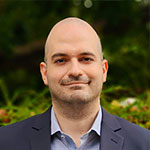
Dr Kostas Vavitsas
Deputy Program Director
TeOra - 17:15 - 18:00Panel Discussion: Futureproofing Biomanufacturing

Prof Chueh Loo Poh
Associate Professor
Department of Biomedical Engineering, National University of Singapore
Professor Zhi Li
Associate Professor
Department of Chemical and Biomolecular Engineering, National University of Singapore
Dr Kostas Vavitsas
Deputy Program Director
TeOra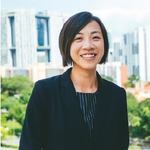
Dr Huiying Ang (Panel Moderator)
Associate Director
Technology Transfer & Innovation, NUS Enterprise - 18:00 - 19:00Canapes and Networking
Speakers

Prof Chueh Loo Poh
Associate Professor
Read Bio
Department of Biomedical Engineering, National University of Singapore
Professor Zhi Li
Associate Professor
Read Bio
Department of Chemical and Biomolecular Engineering, National University of Singapore
Dr Kostas Vavitsas
Deputy Program Director
Read Bio
TeOra
Dr Huiying Ang (Panel Moderator)
Associate Director
Read Bio
Technology Transfer & Innovation, NUS Enterprise
Organiser
Tickets
- REGISTER YOUR TICKETS (Sold Out)
- Complimentary
